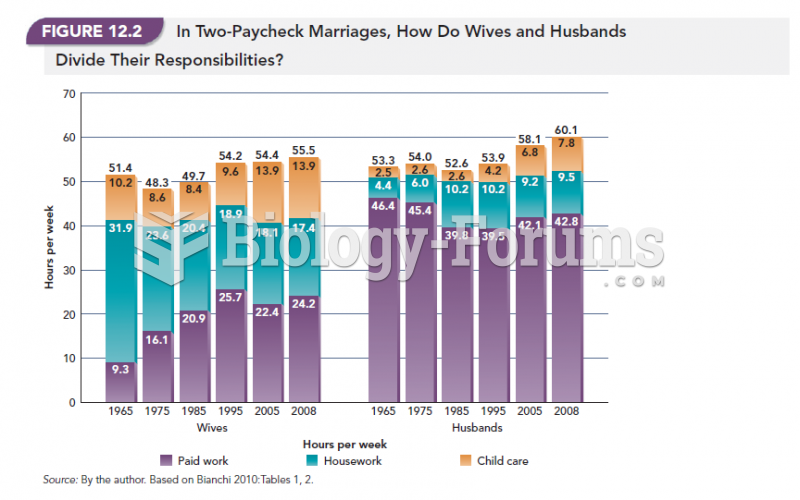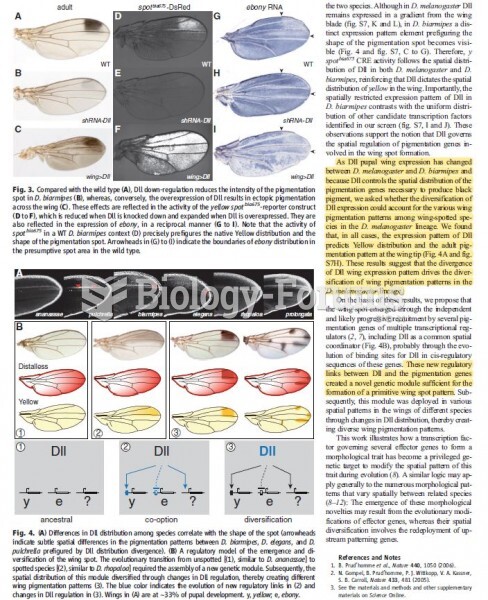A researcher is studying the way that ICU nurses prioritize the charting responsibilities for their 12-hour shift.
The researcher happens to discover that nurses are administering medications as close to the ordered times as possible but consistently charting the times at which medications are ordered, not the time they are actually administered, even though that may be two or three hours later. What could the researcher do with this information? (Select all that apply.)
a. The researcher makes the nurse manager aware of the finding, after the study data have all been collected, because this is essentially a medication charting error.
b. Nothing. This is not a focus of the study, and the information must be suppressed.
c. The researcher takes time to educate individual nurses, so that they understand that what they are doing is not honest.
d. The researcher includes the findings in the article, stating that this is a time-saving strategy, since the computer allows charting of meds when ordered (instead of when administered) as a block, saving time.
e. The researcher reports this information under Serendipitous Discoveries in the article that results from the study.
Question 2
A nurse is conducting her master's thesis research in the unit in which she works as a staff nurse. The focus of her thesis is burned children's pain, with versus without a child life specialist assisting the child.
She is providing child life specialist presence every other day at the mid-morning dressing change. For obvious reasons, she wants to keep everything else consistent for the four contiguous days of data collection. On the second day of four, with the child life specialist present, one child demonstrates poor pain control. The nurse researcher would ordinarily advocate for more pain medication for this child, but if she does, she will not be able to compare the data with that of the previous day. This is an example of which of the following?
a. Serendipity
b. Subject as object
c. Role conflict
d. Passive resistance







